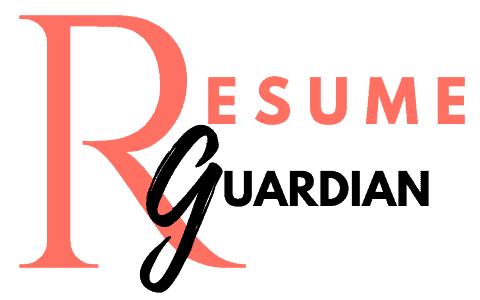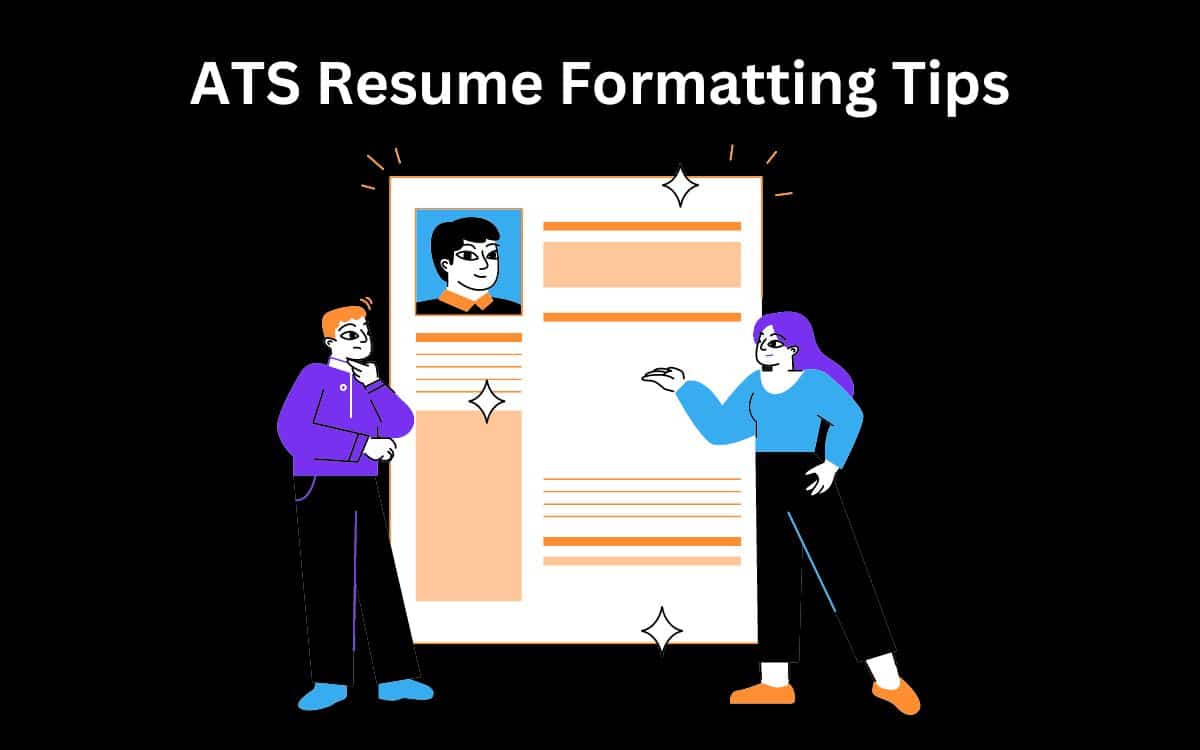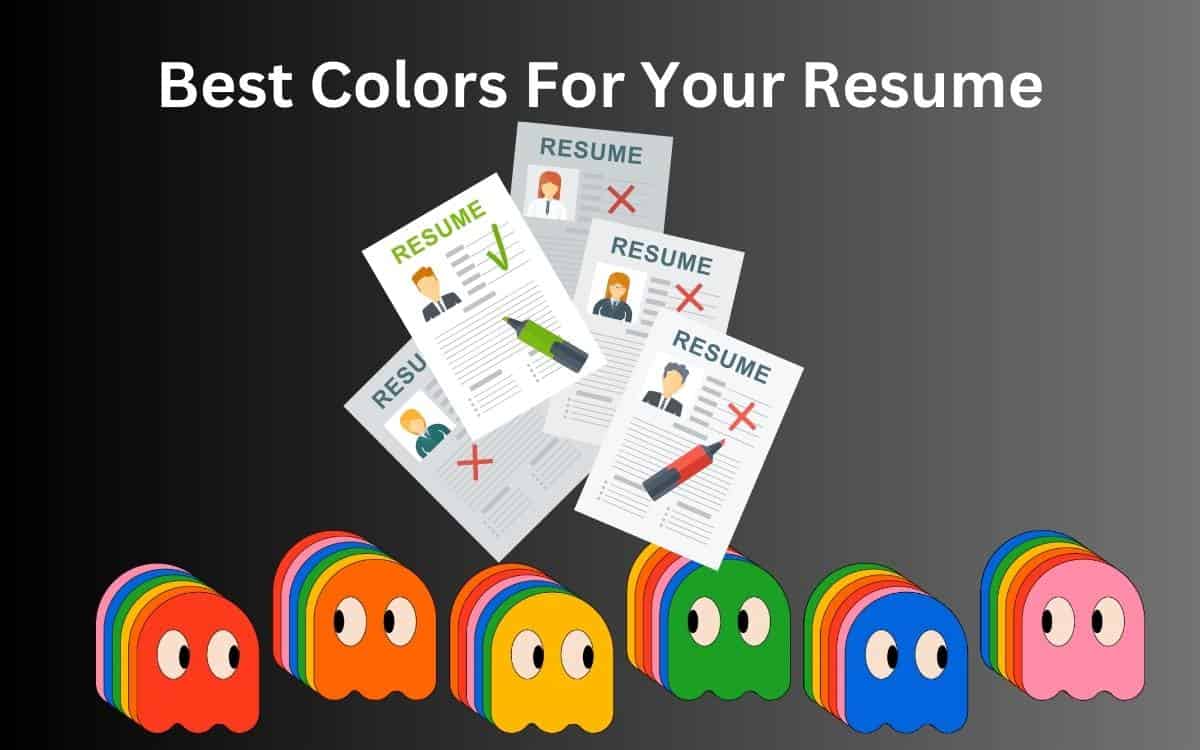
Job seekers typically update their resumes when looking for a new job or when they are laid off from their current job.
But that’s not the right approach. A resume is your professional work profile, which you need to keep updated with every milestone or achievement in your work.
So when exactly should you update your resume?
A resume is a living, breathing document that reflects your work profile and achievements. Job seekers should periodically update their resumes when they have: (1) Completed projects, (2) Quantifiable achievements, (3) Received promotions or have job role changes, or (4) Completed courses and got certifications.
In this article, we will go in-depth on the reasons and timings of when you should update your resume.
Is it Necessary to Update your Resume?

You get one chance to make a great first impression. Your resume can enhance or hurt your chances to make that impression, so take all measures to keep your resume updated with your latest skillsets and accomplishments.
When you passed college and got a job, your initial resume, which landed you the job, would have been perfect. But time has passed, and you would have got a promotion or completed training courses to expand your skillsets and earned certificates.
You should periodically update your resume with all your professional achievements and the latest updates from your current project and job. Experience is money, don’t leave money on the table. Keeping your resume updated with your latest experience, skillsets, and accomplishments is critical.
So what resume sections may you need to review and update periodically?
- Career Summary– Review to see if any updates are to be made in the summary section.
- Core Competencies and Skillsets– Update your resume with the new skillsets acquired recently from your current job.
- Work Experience – If you had an internal role change or promotion, include these details in your resume.
- Accomplishments – Assess the work you completed in the last few months, quantify it from a revenue perspective, and update it as accomplishments in your resume.
- Training and Certifications– Continuous learning and skill upgrade is critical in today’s job market. If you have completed any training or certifications, update those in your resume.
- References – Keep your references updated. Have a mix of people in different capacities who could speak well about you, as you have collaborated with them and created value at work.
Keep your references updated about your job search and potential interviews so they are informed and expect a call from recruiters asking about you.
You never know when opportunities come your way. By keeping your resume updated, you are ready to take on new challenges and get ahead in your career and professional life.
Update your resume periodically with all your professional achievements and latest updates from your current projects and job.
How Many Times a Year Should I Update my Resume?

Your resume is a living and breathing document that must be updated as often as possible.
Don’t wait until your next job search activity to update your resume. You don’t have to update your resume daily, but update it frequently every few months or whenever you have new accomplishments to highlight.
It’s recommended to update your resume at least twice a year. Six months is an excellent timeframe to assess your work accomplishments and certifications that you have achieved in the past few months, which could be updated in your resume.
Below is a quick check to see if it’s time to update your resume. If you answered “Yes” to any of these questions, it’s time to update your resume.
- Completed Projects – Have you completed a project in the past few months that gave you a sense of accomplishment?
- Quantifiable Achievements – Can you think of any achievements in the past few months that you can quantify?
- Role Change – Have your roles and responsibilities changed recently, e.g., promotion, department transfer, etc.?
- Courses & Certifications – Have you completed any new courses or got certifications in the past few months?
Recommended to update your resume atleast twice an year. Do not wait until your next job search activity to update your resume.
Should I Update my Resume for Every Job?

When applying for jobs, a common mistake made by most job applicants is applying for multiple job openings using the same resume.
To enhance your chances of getting an interview call or grabbing a job offer, you should tailor your resume to the specific job role in the company you’re applying for.
This will give you a direct edge over most job applicants who fail to do this because tailoring your resume for every job application is a lot of work.
It involves having a deep understanding of the job role and thinking through which of your skillsets in your resume should stand out most to grab that role.
You increase your chances of getting the interview call because your resume is customized to fit the job requirements.
You can only apply for a few job openings daily, as you would not be sending out the same resume to multiple job applications.
Even though tailoring your resume for each job role has a minor disadvantage, that you would only be applying for fewer targeted job openings, the results are much better compared to sending the same resume aimlessly to a vast number of job requirements.
Recommended to customize your resume for every job requirements that you apply for, to enhace your chances to get that job offer.
Can you Update Your Resume after Applying?

Sending the wrong version of your resume is an easy mistake because, ideally, you would have multiple versions of your master resume customized for every job role you apply for.
Correcting a minor mistake like a typo or removing a few irrelevant details is generally considered ok. But remember, “attention to detail” is a quality that’s required in every job, and doing too many edits might reflect poorly on that quality.
Once your resume is uploaded online, and you realize that you’ve attached an incorrect version, reupload the correct version immediately.
But if you realize this after a couple of hours or days, then there’s no way of knowing whether the recruiter has already downloaded your resume. You might need to contact them to know that, but do this only if the error is a major one.
When you are dealing with multiple resume versions, remember to always double-check the resume version just before uploading. This might slow you down, and reduce the number of job applications you send out, but it’s all worth the additional effort.
Realizing that you uploaded an incorrect version could jeopardize your chances of getting that job offer.
When you are dealing with multiple resume versions, remember to always double-check the resume version just before uploading.
Final Thoughts
Career wise, consistency is one of the keys to longevity. When you are consistent people know what they are going to get, and that’s the foundation for having a long career.
Jamal Crawford
If you have worked in your current job for a couple of years, and haven’t updated your resume, don’t fret – start now and take baby steps to update your resume one point at a time.
Remember, consistency is the key to achieving significant progress in your personal and professional life.




![How to Add Resume to LinkedIn [Beware Current Employer]](https://resumeguardian.com/wp-content/uploads/2023/03/How-To-Add-Resume-To-LinkedIn.jpg)

